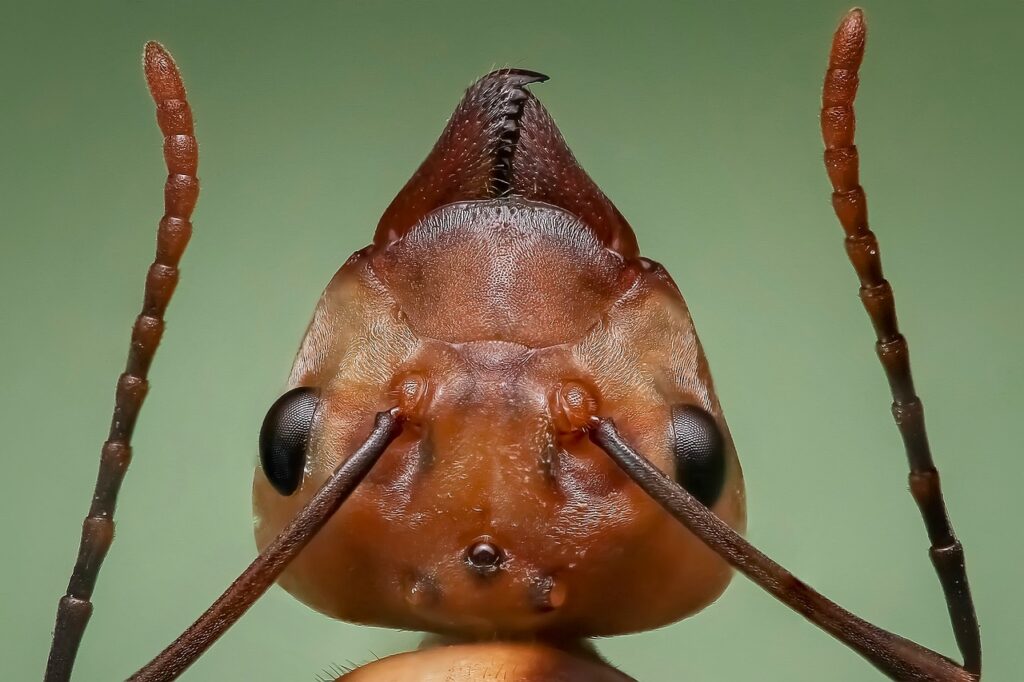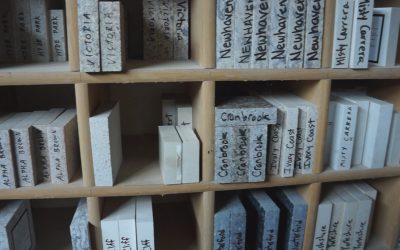Tips and Strategies for Keeping Your Home Ant-Free

Ants are one of the most common household pests, and they can be a real nuisance for homeowners. From raiding your pantry to ruining your outdoor gatherings, these tiny invaders can be difficult to control once they’ve made their way into your home. However, with some knowledge and effective strategies, you can keep your home ant-free and avoid the headaches that come with an infestation.
Identification and Prevention
The first step in ant control is to identify the species of ant that is invading your home. There are several common ant species, each with different behaviors and preferences for nesting and food sources. For example, odorous house ants are attracted to sweet foods, while pavement ants prefer greasy and protein-rich foods.
Once you have identified the species, you can take steps to prevent them from entering your home in the first place. Ants are attracted to food and moisture, so be sure to keep your kitchen clean and dry, and store food in airtight containers. Regularly sweep and vacuum your floors to remove crumbs and spills, and fix any leaks or standing water sources that may attract ants.
Another effective prevention strategy is to seal any cracks and gaps in your home’s exterior, especially around doors and windows. Ants can easily squeeze through even the tiniest openings, so be thorough in your sealing efforts. You can use caulk or weather stripping to seal gaps, and install door sweeps to keep ants from crawling under doors.
Natural Remedies and DIY Solutions
If you already have an ant infestation, there are several natural remedies and DIY solutions that you can try before resorting to chemical pesticides. One effective method is to create a vinegar and water solution and spray it directly on the ants and their trails. The acidic nature of the vinegar disrupts their pheromone trails, making it harder for them to navigate and communicate with each other.
Another DIY solution is to sprinkle diatomaceous earth (DE) around areas where ants are entering your home. DE is a natural substance made from fossilized algae, and it acts as a mechanical pesticide by dehydrating and damaging the exoskeletons of insects. Be sure to use food-grade DE, which is safe for use around humans and pets.
Professional Pest Control
If you wanted to contact a local pest control company, our recommendation would be Zach Seitz Pest Control
If natural remedies and DIY solutions are not effective, or if you have a severe infestation, it may be time to call in a professional pest control service. Pest control professionals have access to a range of effective and safe pest control products and methods, and they can tailor their treatments to your specific ant species and infestation level.
Professional pest control treatments may include baits, sprays, and dusts that are formulated to target specific ant species and their nesting habits. Baits are a popular choice, as they contain a slow-acting insecticide that is taken back to the colony by foraging ants, effectively killing the entire colony over time.
Conclusion
Ants may be a common household pest, but they don’t have to be a constant source of frustration and annoyance. By identifying and preventing ant infestations, using natural remedies and DIY solutions, and calling in a professional pest control service when necessary, you can keep your home ant-free and enjoy a more comfortable living space. With some diligence and persistence, you can win the battle against these tiny invaders and keep them from taking over your home.


